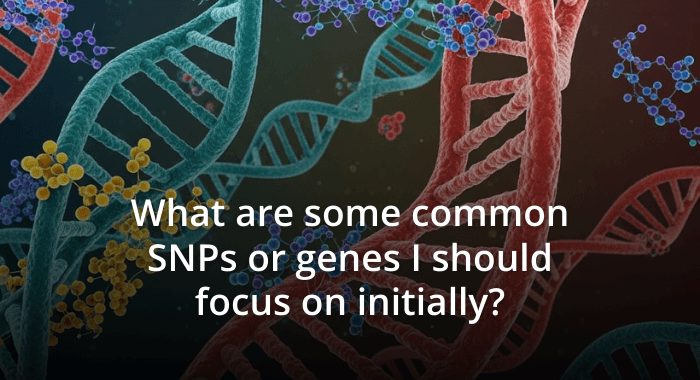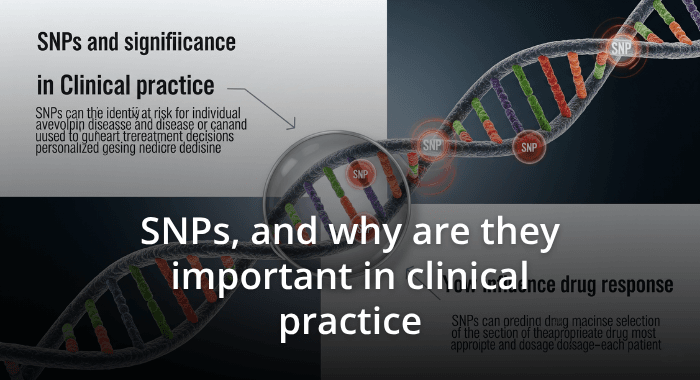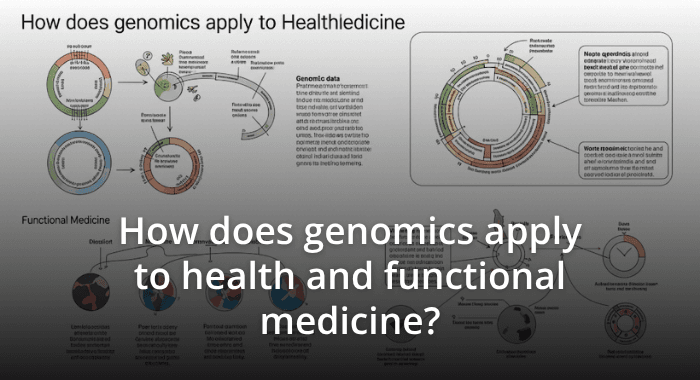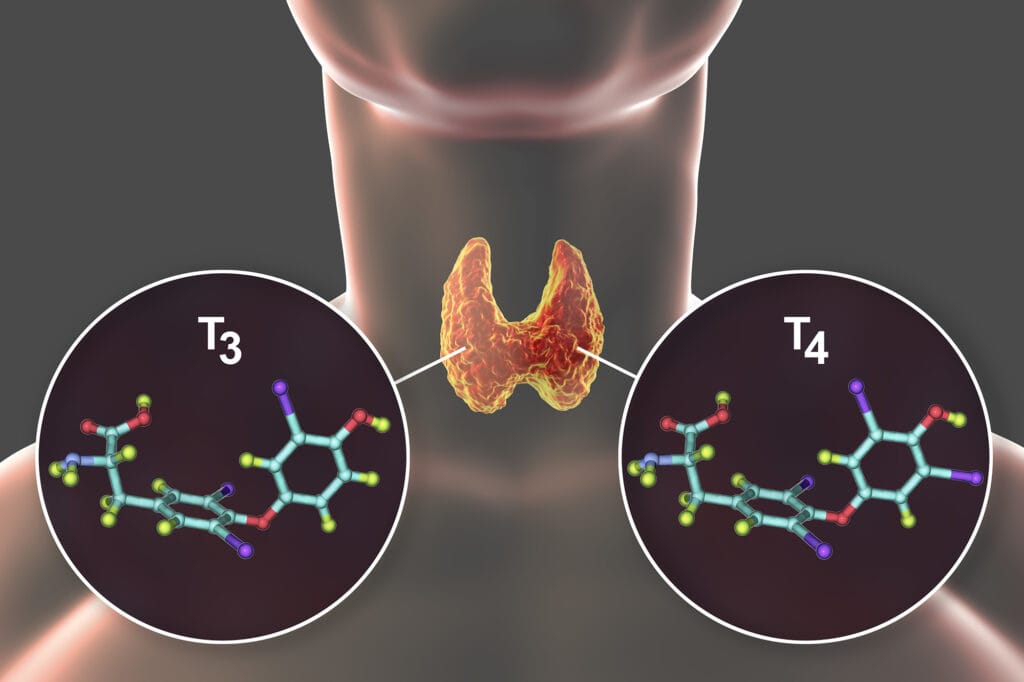How Can I Explain Complex Genomic Information to Patients Without Overwhelming Them?
My Top Tips For Explaining Complex Genomic Information To Patients As a practitioner, explaining complex genomic information to patients can be a challenge. While the science is intricate, your role is to translate these insights into actionable, patient-friendly guidance. Effective communication ensures patients understand their results and feel empowered to take charge of their health. […]
How Can I Explain Complex Genomic Information to Patients Without Overwhelming Them? Read More »











